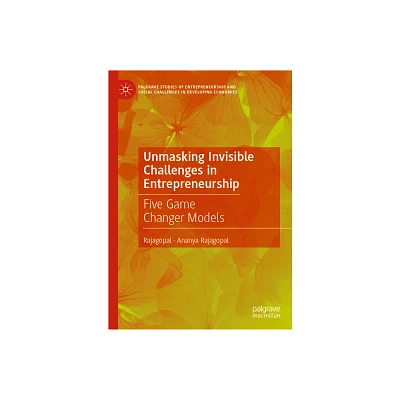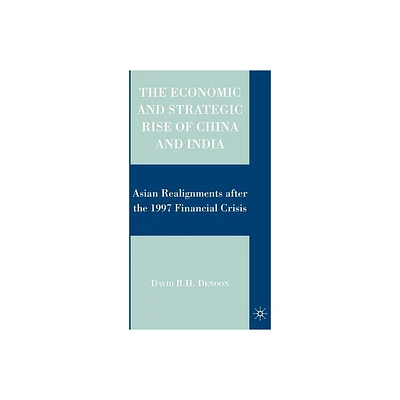Home
Economic Transformation of a Developing Economy: The Experience of Punjab, India
Loading Inventory...
Barnes and Noble
Economic Transformation of a Developing Economy: The Experience of Punjab, India
Current price: $109.99


Barnes and Noble
Economic Transformation of a Developing Economy: The Experience of Punjab, India
Current price: $109.99
Loading Inventory...
Size: OS
*Product Information may vary - to confirm product availability, pricing, and additional information please contact Barnes and Noble
Foreword by Prof. Kaushik Basu
This book traces the development experience of one of India’s most dynamic and prosperous states, Punjab, which has provided the country with a much-needed degree of food security. The relative regression of Punjab’s economy in the post-economic reforms period and slow current economic growth give cause for concern. The contributions in this book address the question of why the structural transformation of Punjab’s economy has fallen into the middle-income trap. Each investigates the policy constraints influencing the relative stagnation of the economy and suggests appropriate measures for alleviating them. By integrating theoretical constructs and new evidence, the authoritative contributions diagnose the nature of the current problems and offer practical solutions. They cover important issues such as the crisis of agrarian transition, agrarian markets and distributive justice, employment growth and transition to non-agriculture sectors, fiscal policy, external factors in economic transformation, and perspectives on rejuvenating the state’s economy.
This book traces the development experience of one of India’s most dynamic and prosperous states, Punjab, which has provided the country with a much-needed degree of food security. The relative regression of Punjab’s economy in the post-economic reforms period and slow current economic growth give cause for concern. The contributions in this book address the question of why the structural transformation of Punjab’s economy has fallen into the middle-income trap. Each investigates the policy constraints influencing the relative stagnation of the economy and suggests appropriate measures for alleviating them. By integrating theoretical constructs and new evidence, the authoritative contributions diagnose the nature of the current problems and offer practical solutions. They cover important issues such as the crisis of agrarian transition, agrarian markets and distributive justice, employment growth and transition to non-agriculture sectors, fiscal policy, external factors in economic transformation, and perspectives on rejuvenating the state’s economy.


















